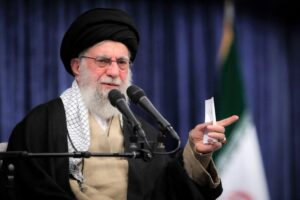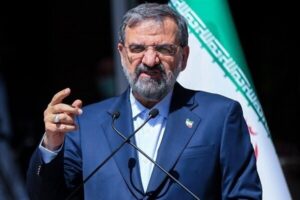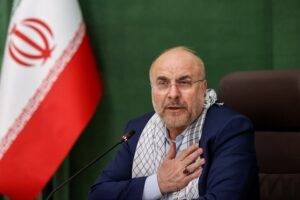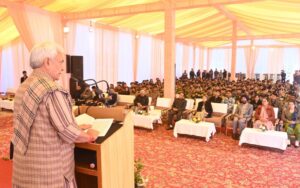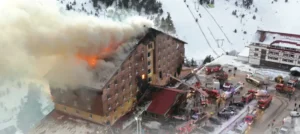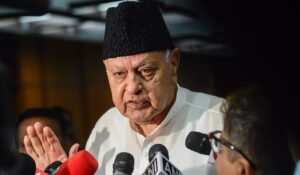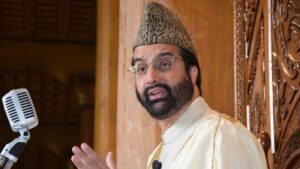Iran bids farewell to 300 unidentified martyrs of Iraqi-imposed war
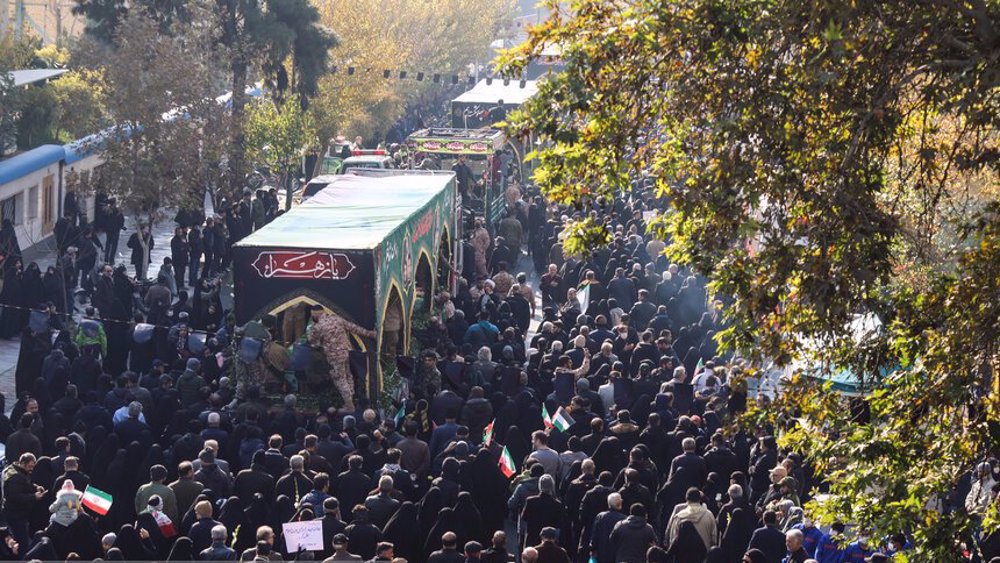
Funeral processions have been held in Iranian cities to honor 300 unidentified martyrs of Iraq’s 1980-88 war under the regime’s dictator Saddam Hussein on Iran, whose remains were recently recovered.
The ceremonies took place in 100 localities across the country on Thursday in coincidence with the martyrdom anniversary of Hazrat Fatima Zahra, the daughter of Islam’s Prophet Muhammad (PBUH).
The funerals received the highest attendance in major cities of Tehran, Shiraz, Isfahan, and Birjand, according to reports.
The age of the unidentified martyrs ranged from 18 to 25 years, among whom 100 were honored in the Iranian capital.
The martyrs are buried in different places, including universities, seminaries, premises of state organizations and a number of public parks.
Speaking at the funeral procession in Tehran, Iranian Parliament Speaker Mohammad Baqer Qalibaf praised the sacrifices of the country’s youths fallen during the eight years of war.
“For our honor and dignity, nothing outweighs martyrdom. However, God has also promised victory. We should stand up to Zionists who are savage and know nothing of humanity,” Qalibaf said, pointing to the Israeli regime’s longtime aggression against Palestinians in the besieged Gaza Strip.
Supported by major Western and regional states, former Iraqi dictator Saddam Hussein launched a massive invasion in 1980 in a bid to seize Iran’s resource-rich Khuzestan Province, less than two years after the victory of the 1979 Islamic Revolution.
With the army mostly in disarray, Iranians closed ranks under the leadership of the late founder of the Islamic Republic Imam Khomeini as they rushed to the warfronts to push back Iraqi forces and liberate occupied territories.
The war ended in 1988 with a ceasefire deal, with the Iraqi dictator failing to achieve any of his goals and Iran not conceding an inch of its territory.
Over the years, the Islamic Republic and Iraq have carried out numerous search operations to recover the remains of their fallen soldiers and thanks to modern technologies, including the DNA testing, a large number of them have been identified.
Press TV


